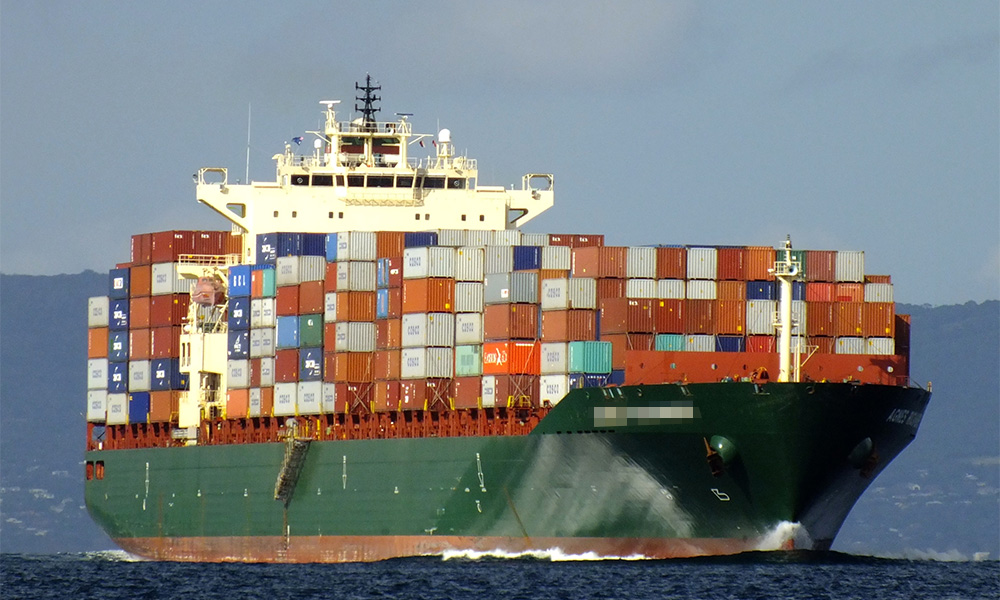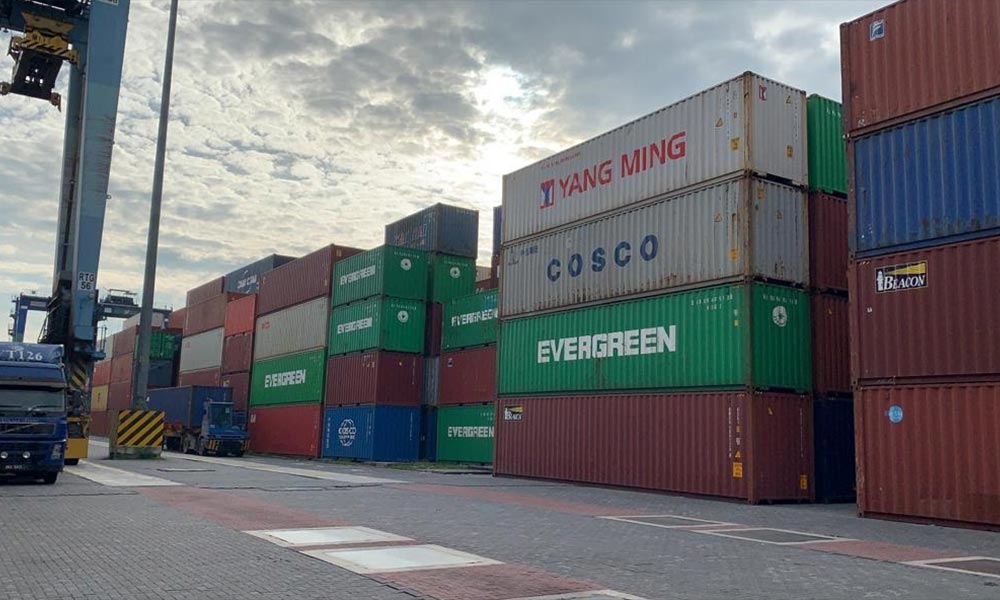Port Klang congestion being addressed, will be in time for CNY
Port Klang Authority general manager K Subramaniam has given his assurance that congestion at the port is being addressed and will be resolved soon.
He said the port authority is also working with port terminals and government agencies to ensure the port would be able to cope with the anticipated uptick in imports for the coming Chinese New Year celebrations.
“Port Klang Authority is monitoring the situation closely and is coordinating with Westports, Malaysian Quarantine & Inspection Services (Maqis), and the Royal Malaysian Customs to facilitate the clearance process for Maqis-held containers.
“With the above measures in place, Port Klang Authority believes that this situation will be resolved soon,” Subramaniam said in a statement yesterday.
Earlier yesterday, several wholesalers and retailers complained that container congestion at Westports in Port Klang has led to delivery delays and unnecessary costs.
Among others, this caused perishable goods to spoil while still in port, and festive goods are still stranded in the port even though celebrations are already over.
Subramaniam explained that several factors have led Port Klang to become congested.
Referring to refrigerated containers (reefers) in particular, he said the reefer yard at Westports has a capacity for 3,532 units of 40-foot-containers, of which 80 percent of the space has been utilised.
Of these, about 30 to 40 percent are subject to inspection by Maqis.
“Maqis team inspects these containers in two sessions daily to clear as many containers as possible.
“However, over the last week, Westports has reported that many of the containers that have been inspected and released by Maqis are yet to be cleared from the port by consignees and are still occupying the ground slots, preventing other containers from being transferred to this location for inspection.
“As a result of this, the number of containers inspected and released by Maqis is reducing and causing further clearance delays,” he said.

Subramaniam urged all consignees to take their deliveries as soon as possible to help clear the congestion.
In the meantime, he said, Westports has created additional reefer space at CFS 3 for Maqis inspection, and a new reefer block with 600 plug points will be completed by Dec 31.
“Although this location (CFS 3) is some distance away from the usual inspection area, Westports has agreed to bear the cost of shifting the containers,” he said.
He explained that Port Klang terminals at Northport and Westports are both experiencing congestion due to a sudden surge of vessels and containers arriving in the third quarter of the year, and this situation is experienced by all major ports in the region and elsewhere.
This is partly due to vessels becoming bunched up by delays at preceding ports and partly due to the monsoon season that is causing delays at ports in China, Hong Kong and Singapore.
Ships that were destined for ports affected by the monsoon delay then omitted some of those ports and they all arrived at Port Klang at about the same time.
Because of this, it takes two to three days for the ships to wait for a place to berth.
In addition to this, Subramaniam said, some shipping lines have cancelled calls at Port Klang, or have limited space to load containers and ship them off the port due to high demand for slots in Chinese ports.
This caused export boxes to linger longer than usual in the container yard, causing a shortage of storage space there as well.

“The matter is further exacerbated by shipping lines deciding to offload their transhipment boxes, which are not meant for Port Klang, and requesting for a longer stay time before onward connections are arranged.
“Both these factors have resulted in yard capacity utilisation of 95 percent, which is regarded as congested,” he said.
As a temporary measure to increase yard space, Subramaniam said both terminals have converted nearby vacant spaces to accommodate additional boxes.
However, this, in turn, caused a drop in productivity for operations where the shifting of boxes is required, and movement of yard equipment is hampered.
“To mitigate these problems, terminals are giving berth priority for vessels that have more loading movements than discharging in order to reduce the remaining boxes in the yard.
“Terminals have also urged importers to clear their boxes quickly from the terminals and avoid using the port as a storage area,” he said. - Mkini
✍ Credit given to the original owner of this post : ☕ Malaysians Must Know the TRUTH
🌐 Hit This Link To Find Out More On Their Articles...🏄🏻♀️ Enjoy Surfing!




















Post a Comment